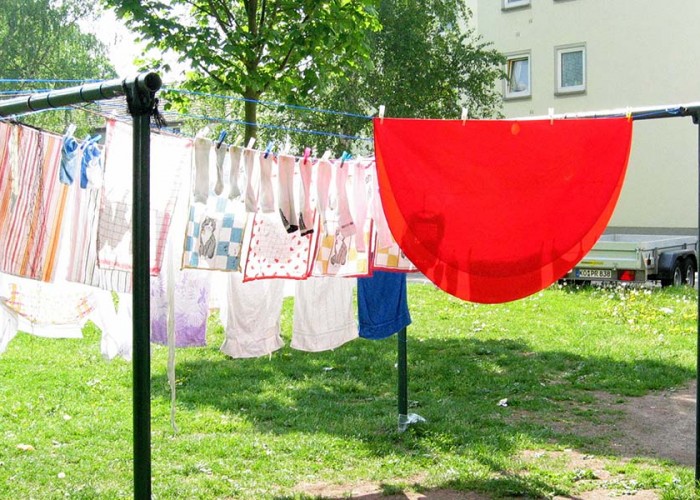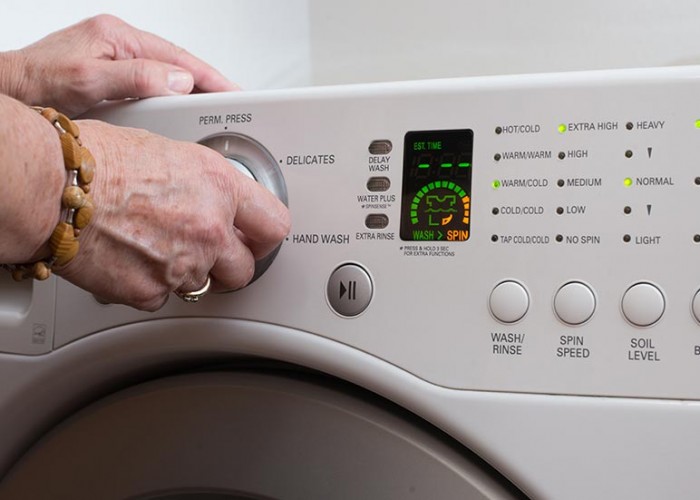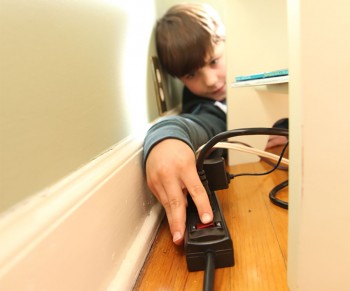Thinking of a new clothes dryer?
By Hannah McKenzie
Q: What should I consider when replacing my clothes dryer? Is an Energy Star-certified clothes dryer an affordable and useful option?
A: Energy Star dryers are an excellent option. Dryers started earning Energy Star certification this January. To date, there are more than 60 Energy Star-certified dryers available ranging in price from $600 to $2,000. Not only are Energy Star clothes dryers an affordable investment that can save you money, they also decrease U.S. carbon emissions.
When paired with an Energy Star clothes washer, Energy Star dryers offer great benefits including:
- Energy savings. They use at least 20 percent less energy than standard dryers when the Energy Star setting is used, which helps you save approximately $10 to $40 per year depending on the model and local utility rates. Low- and no-heat drying innovations make the average drying time lengthy — about 80 minutes — but they improve the savings. Moisture sensors stop the dryer once clothes are dry. If you can’t afford a new clothes washer and dryer at once, priority should be given to buying an Energy Star clothes washer because it will provide greater long-term savings.
- Clothes lifespan. Wear and tear is drastically reduced with lower drying temperatures and moisture sensors.
- Savings by the pair. Buying a washer/dryer pair means that a full washer load will likely fit in the dryer, which minimizes the need for multiple dryer loads.
Narrowing the options
The average American family washes 300 loads of laundry per year, and dryers last an average of 12 to 16 years, so it’s important to choose wisely.
Find out what dryers are available in your area. Since Energy Star-certified dryers are newly available, you might need to ask about dryers with an “Eco Option” and confirm Energy Star certification in the product literature.
Determine which dryers fit within your price range and energy preference. Consider good and bad reviews from owners and organizations like Consumer Reports. Consider local gas and electric rates and the estimated annual energy consumption to make an informed decision when deciding between a gas or electric dryer. Ventless electric dryers are an option if venting to the outdoors isn’t practical. Heat pump dryers — which can save 20 percent to 60 percent more than standard dryers — are ventless and, though expensive, may be a good investment if energy costs are high. Consult the installation manual to ensure your laundry room is large enough for its air circulation needs.
Once you’ve narrowed down your choices, look at the Combined Energy Factor (CEF) which can be found at energystar.gov. The higher the number the better. For each whole number increase in an electric dryer’s energy factor — for example from 3.5 to 4.5 — you’ll save between $10 and $20 each year.
Ask your electric cooperative or gas company if rebates are offered for high-efficiency clothes dryers.
Habits
Laundry habits can also make a long-term impact on cost savings.
- Use the sun: Air drying your clothes outdoors is free!
- Maintenance: Cleaning the dryer lint screen before each load improves air circulation and prevents fire hazards, a simple act that can save an average of $34 per year according to the U.S. Environmental Protection Agency.
- Load size: Wash and dry full loads when possible. Overloading a dryer will prevent clothes from drying completely. Read the user’s manual to ensure success.
- Settings: Read the manual to find out which cycle is designated as the Energy Star cycle and use it.
-
More laundry-related ways to save energy
-
Share this story:






